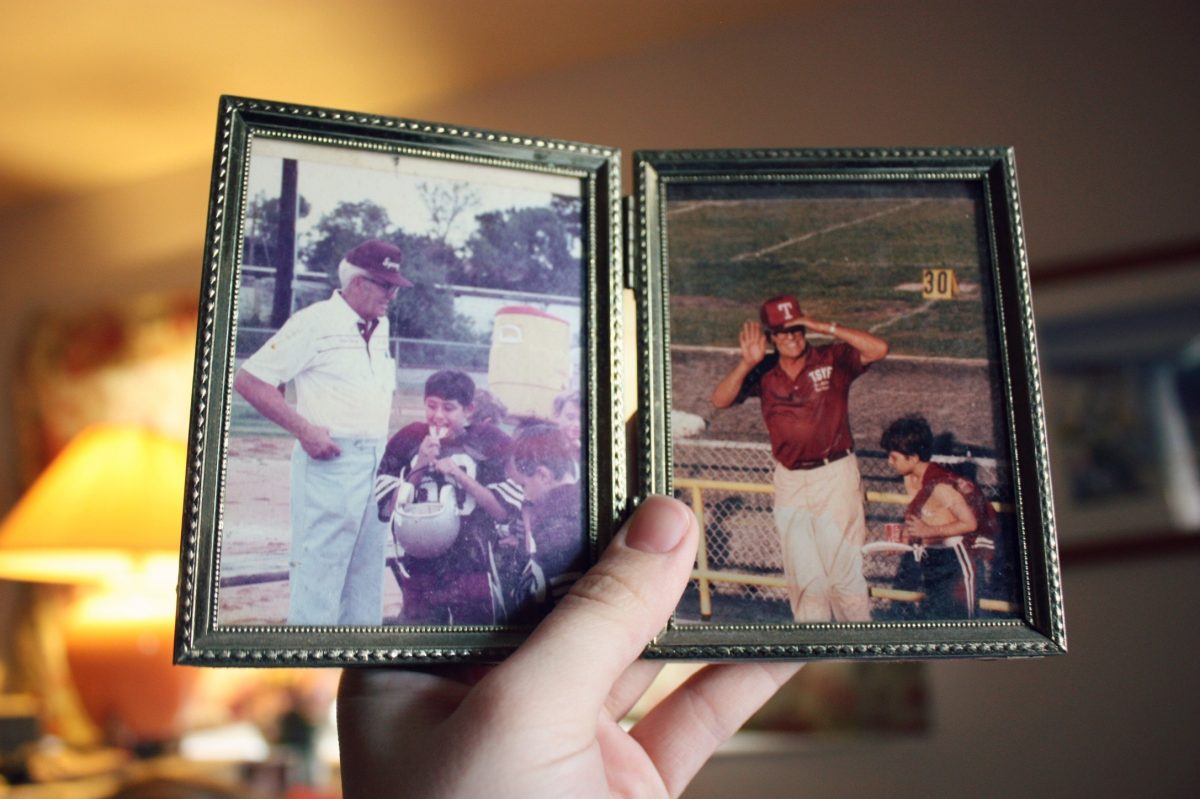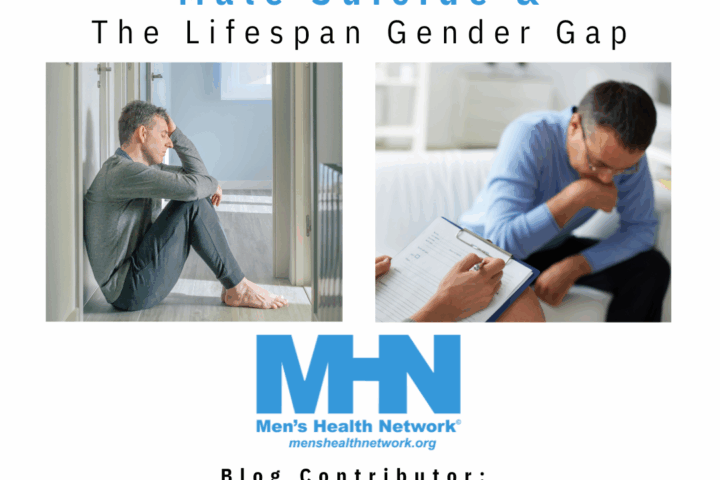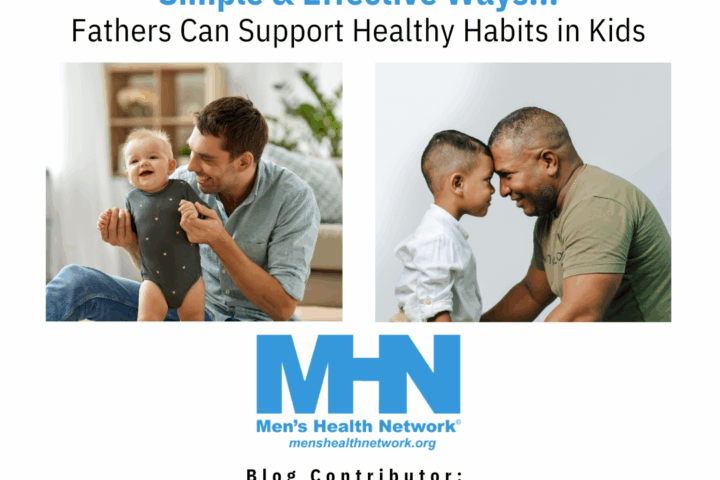When I was five years old, my father had, what was called at the time, “a nervous breakdown,” and was hospitalized. He never came home again and he and my Mom got a divorce. I was raised by a single Mom and it never occurred to me that my father’s absence might have been harmful to my future health and wellbeing. Like all of us, we adapt to change, and get on with our lives.
I did know that my father’s absence meant my mother had to go to work outside the home and I spent a lot of time in childcare programs and started nursery school early. But I adapted to those changes as well.
Not all father absence is physical. Most people grow up with a father in the home. But many fathers are absent emotionally. A father may work long hours and not have a lot of energy left over for his wife and children. He may have a drinking or a drug problem or he may become irritable and angry because of added stress in his life and become critical of his sons or daughters.As with a physically absent father, we learn to adapt. We rarely recognize that later problems in our lives have anything to do with our absent fathers or the emotional wounds that occur when we don’t have a close, intimate, loving relationship with our Dads.
According to Roland Warren, former head of the National Fatherhood Initiative, “Kids have a hole in their soul in the shape of their dad. And if a father is unwilling or unable to fill that hole, it can leave a wound that is not easily healed.” For millions of men and women the father wound is present, influences our health and well-being, but we are not aware that it exists.
The father wound is one problem that surpasses all others in its impact on men, women, and society. We focus on the importance of mothers in determining the well-being of children. However, the father wound, resulting from physical or emotional absence of the father, has been largely ignored. Without the support of their fathers, men become puppets on a string, disconnected from their true selves, feeling that other people and events are controlling their lives. The father wound may be the most pervasive, most important, and least recognized problem facing men and their families today.
According to the National Center for Fathering:
“More than 20 million children live in a home without the physical presence of a father. Millions more have dads who are physically present, but emotionally absent. If it were classified as a disease, fatherlessness would be an epidemic worthy of attention as a national emergency.”
The father wound impacts four critical areas of our lives:
- Our physical health
- Our emotional health
- Our relationship health
- Our social and political health
On May 7, 2016, six months before the Presidential election, I wrote an article “The Real Reason Donald Trump Will Be Our Next President.” In the article I concluded, “Mr. Trump seems to have suffered abuse, neglect, and abandonment as a child.” He was raised by a father who worked seven days a week, whose basic value was “win at all cost,” and who had little time for his role as a parent. Many people identified with Mr. Trump’s rage, without recognizing the underlying cause, and voted for him. When wounded children grow up to hold important political offices, the impact can be felt throughout the world.
The effects of growing up without a loving, engaged, father ripple through the generations and contribute to many of the most serious problems we face in our society today including:
- Drug and alcohol abuse
- Depression and suicide
- Teen pregnancy
- Sexual addiction
- Poverty
- Divorce
- Crime
- Broken marriages
Here’s The Father-Wound Quiz I use in my counseling practice to help people assess whether they may have been impacted by an absent father. Check off each statement that is true for you.
- My father died when I was still a child ( ).
- My parents divorced or were separated when I was a child ( ).
- My father was physically present, but emotionally distant ( ).
- Growing up my father worked a lot and he didn’t have enough time to be with me
- My father was very critical of me ( ).
- I never felt I could please my father ( ).
- My father never said, “I love you, I’m proud of you, I believe in you” ( ).
- One or both of my parents had mental health problems ( ).
- One or both of my parents had drinking or drug problems ( ).
- I sought out father-figures to help compensate for my father’s absence ( ).
- During adolescence I was angry a lot and sometimes got into fights ( ).
- During adolescence I was eager to fall in love or have early sexual experiences ( ).
- Having a best-friend was extremely important to me ( ).
- I felt lonely and depressed growing up, even though I may have covered it well ( ).
- As an adult I had difficulty finding and keeping a healthy relationship ( ).
- I’ve been married and divorced at least once ( ).
- I have difficulty committing to a relationship ( ).
- I sometimes pick partners who aren’t good for me in the long run ( ).
- “Looking for love in all the wrong places” may have been written for me ( ).
- With my own children I worry about whether I’m being a good parent ( ).
- I’ve vowed to be a different kind of parent than my parents were for me ( ).
- I have been very successful at work, but less than successful in my love life ( ).
- With my spouse or partner I often feel like a critical parent or a demanding child ( ).
- I haven’t made as much money as I’m worth or become as successful as I want ( ).
Even those with healthy, involved, fathers and mothers will check off a few of these statements. However, if you checked 6 or more, you may be suffering from the effects of an absent father. The more items you checked, the deeper the wound is likely to be. It’s worth looking more deeply so that you can connect the dots, heal the old wounds, and improve your present relationships.
For me I found that my irritability and anger, my fear of losing my partner, my multiple relationships, my difficulty parenting my children, all had roots that went back to my father wound. It also contributed to my anxiety and depression that I have struggled with all my life. Healing the father wound has helped me heal all my wounds.
I’d like to hear about your own experiences. My new book, Return of the Puppet Man: Healing the Wound from a Father’s Absence will be published next year. If you’d like to receive a free chapter in advance of publication, drop me a note to via email and put “Father Wound” in the subject line. Be sure and respond to my spamarrest filter when writing for the first time.
Photo by Lindy Baker on Unsplash
This article first appeared on Jed’s blog.




